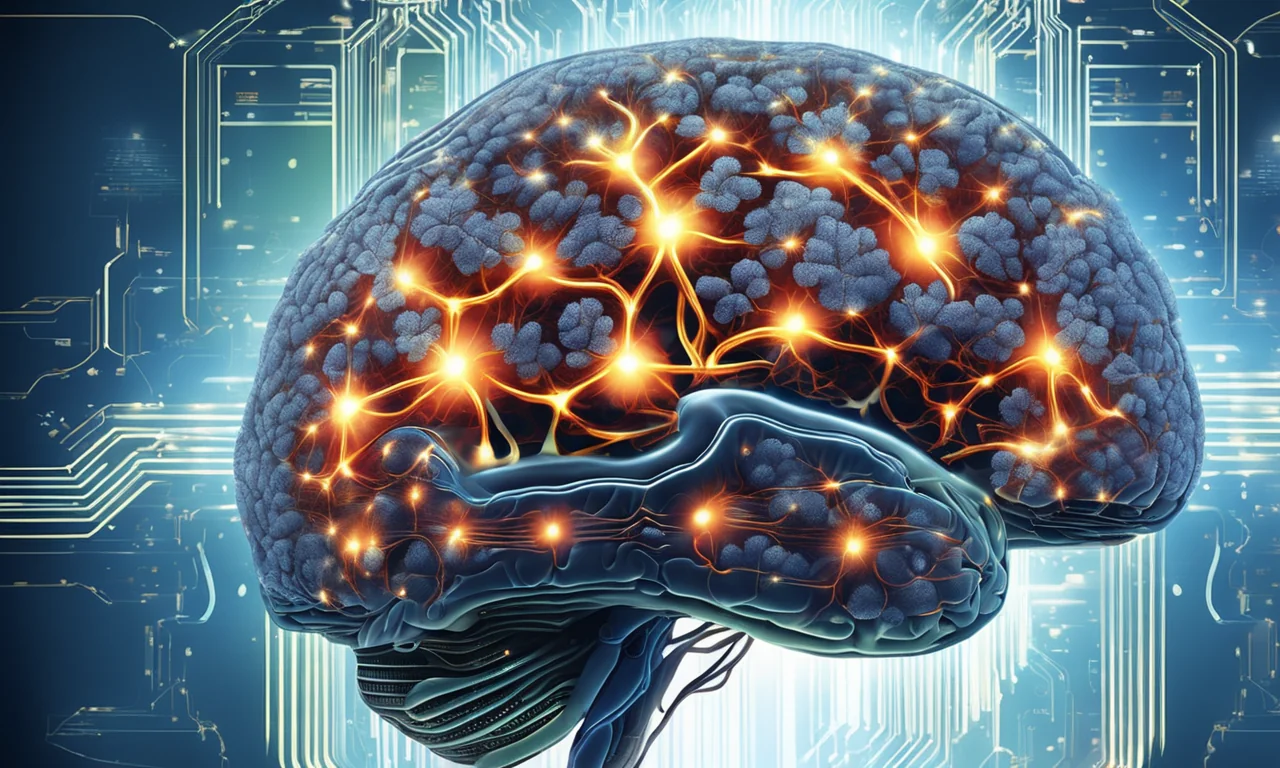
AI Restores Vision and Drives $11.4 Billion Biotech Market Growth
The rapid expansion of artificial intelligence is transforming healthcare, ethics, and industry oversight.
Today's Bluesky #artificialintelligence conversations reveal a landscape defined by both transformative promise and critical scrutiny. From rapid market growth and healthcare breakthroughs to the ethical and technical limits of AI, the community is focused on how these technologies are shaped—and what's at stake. Three themes emerged: the mounting impact of AI in science and medicine, the importance of responsible development and oversight, and an urgent call for broader, more inclusive discussions.
AI's Transformative Impact in Science and Healthcare
Advancements in artificial intelligence are rapidly reshaping the frontiers of biotechnology and medicine. A striking example comes from a recent study on AI-powered vision restoration for irreversible blindness, where a specialized retinal implant system helped 84% of participants regain the ability to read after a year. The technology blends AI-driven image processing with cutting-edge hardware, underscoring the potential of machine learning to restore lost capabilities and transform patient care.
"The system, called PRIMA, involves a wireless retinal implant, augmented reality glasses with a camera, and a pocket-sized processor that uses AI to convert visual data into electrical signals the brain can interpret."- @knowentry.com (6 points)
Market analyses further spotlight how AI is driving innovation in biotechnology. According to a recent report, the global market for AI in biotech is projected to triple to $11.4 billion by 2030, with leaders like NVIDIA and Sophia Genetics shaping the competitive landscape. In parallel, research from UC San Diego promises more accessible model fine-tuning, making powerful AI adaptation possible for smaller labs and startups. This democratization of AI technology is echoed by new opportunities such as the Darmstadt Systemic AI research program, which is recruiting for modular AI development to enable greater flexibility and adaptation in future systems.
Responsible Development: Ethics, Oversight, and Risk
As AI's reach expands, so does the conversation about ethical responsibility and technical safeguards. One provocative study shared by Craig Abbott reveals that training language models on low-quality, high-engagement social media posts can cause permanent cognitive damage, sharply reducing accuracy and long-context understanding. This underscores the need for rigorous standards in data curation and model training, especially as AI systems become more deeply embedded in decision-making processes.
"Models trained exclusively on low-accuracy but popular content, reduced in accuracy from 74.9% to 57.2%, and their long-context understanding reduced from 84.4% to 52.3%."- @craigabbott.co.uk (4 points)
Security risks remain top-of-mind, especially in sensitive areas like nuclear technology. Anthropic's efforts to prevent its Claude chatbot from aiding in nuclear weapon design, detailed in a recent Wired feature, highlight industry collaboration with agencies such as the NNSA. These proactive safeguards—like nuclear classifiers—reflect growing recognition of the risks posed by advanced AI. Meanwhile, the role of AI in healthcare continues to be shaped by challenges around data privacy, bias, and regulation, as examined in a comprehensive review of healthcare applications and the launch of new programs such as Stanford's AI in Healthcare initiative.
"Together, they 'codeveloped a nuclear classifier, which you can think of like a sophisticated filter for AI conversations.'"- @ban-cbw.bsky.social (2 points)
Broadening the Conversation: Ethics, Diversity, and Societal Impact
Many in the Bluesky community are calling for wider engagement and more expansive thinking about AI's societal consequences. A recent webinar on ethics in project management emphasized the importance of diversity, equity, and everyday ethical behavior in AI-enabled organizations. This perspective is echoed by discussions questioning whether AI development is too narrowly focused, like Mick Montgomery's post lamenting the lack of "BIG PICTURE discussions" and suggesting that the AI bubble could have been avoided with broader perspectives.
"AI is being developed by the same individuals who brought us things like Facebook or Twitter or a host of SaaS based web 2.0 apps. It feels like they have thought of the opportunity space in the smallest scopes."- @mickmontgomery.bsky.social (5 points)
This call for inclusivity and cross-disciplinary dialogue is reinforced by ongoing efforts to bring diverse expertise to the table, as seen in research programs recruiting from varied backgrounds and comprehensive reviews urging collaboration among clinicians, data scientists, and policymakers. As AI's influence grows, the community recognizes the need for robust, inclusive conversations to shape technology for societal good.
Every subreddit has human stories worth sharing. - Jamie Sullivan